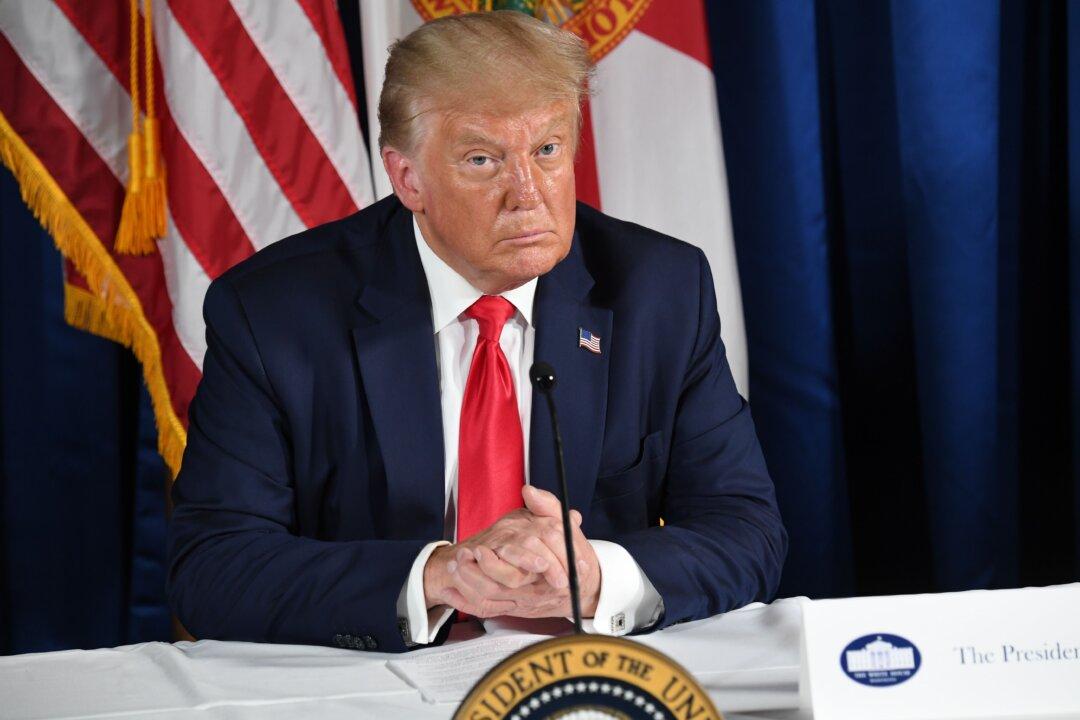The Manhattan district attorney suggested that the office’s subpoena for President Donald Trump’s financial records is part of an investigation into “possibly extensive and protracted criminal conduct at the Trump Organization” that was alleged in media reports in recent years, according to a new court filing.
The office of New York Country District Attorney Cyrus R. Vance Jr. told the court on Monday that publicly available information about the Trump organization and its officers, which includes allegations of insurance and bank fraud, provides a legal basis for requesting the substantial amount of financial records from the president’s accounting firm, Mazars USA.




